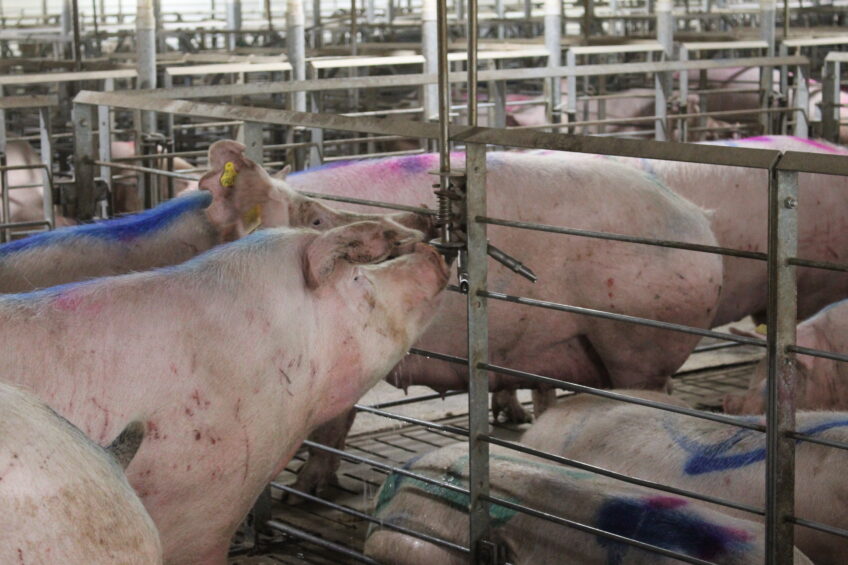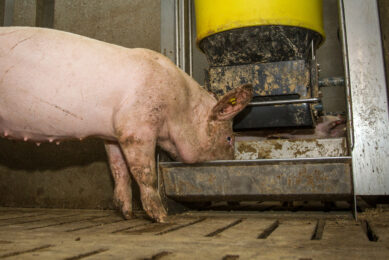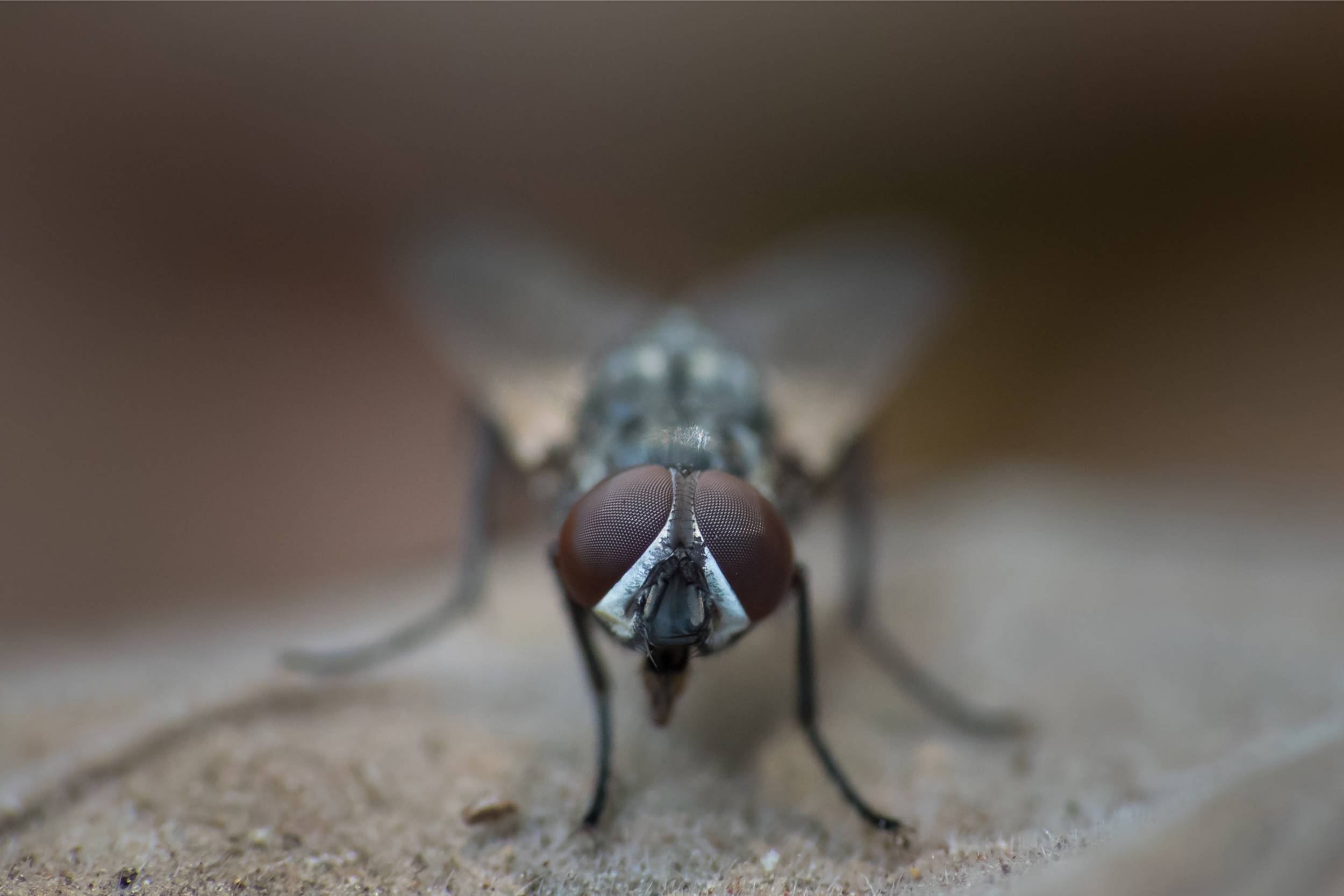ASF Russia: Half a million pigs culled in 2023

Russia’s ministry of agriculture estimated that the country culled nearly 486,000 pigs in 2023 due to African Swine Fever (ASF) outbreaks. Despite the losses, the Russian government believes its efforts to crack down on illegal online pork trade have improved the veterinary situation in the pig industry.
The ministry calculated that ASF outbreaks occurred in 49 Russian regions in 2023, with 68 confirmed on pig farms, including backyards. In 2022, the number of outbreaks was as high as 141, the ministry said. It did not provide any other figures, including how many pigs were culled in 2022.
Better veterinary situation
Russian state news outlet Interfax reported that the veterinary situation in Russia might improve thanks to a ban on online sales of pork and by-products imposed in March 2023. This channel was believed to be widely used by unscrupulous suppliers. Occasional reports indicated that meat products infected with ASF or containing the virus genome were found in e-commerce.
Nikita Lebedev, advisor to the head of Rosselkhoznadzor, reported in 2023, “As investigations following ASF outbreaks show, the majority of them were related to using food waste purchased from various social institutions, like schools, canteens, hospitals and cafes, or on Internet sites as animal feed.” She explained that ASF can find a way into such food waste and trigger a new outbreak.
Sellers brought to justice
Interfax reported that over the past year, several dozens of sellers engaged in the illegal online trade of meat have been “brought to justice,” which supposedly secured some positive results in the fight against ASF in the country.
ALSO READ: ASF Russia: About 23,000 pigs lost in Krasnodar Krai
A southern region eyes recovery
Krasnodar Krai, which suffered the biggest losses from a series of ASF outbreaks in 2023 among all Russian regions, plans to restore the pig population in 3 years, the regional authorities reported.
Last year, nearly 57,000 pigs were culled in Krasnodar Krai following several major ASF outbreaks. In total, the region lost 80,000 pigs or 12.5% of the total population.
In September 2023, a local magazine expert reported, citing local market players, that as ASF hit several industrial farms, the business would probably prefer to refrain from investing in pig farming in the Russian south for the time being.
Gradually restoring the pig population
Fyodor Derek, a spokesperson for the regional agricultural ministry, unveiled that the region embarked on a programme aimed at gradually restoring the pig population through to 2026. He did not provide additional information.
Generous state aid is likely to play a role in the anticipated recovery. Derek revealed that under the regional agricultural development programme the state budget allocated 2.3 billion roubles (US $24.6 million) to livestock industry development.











